Blacker Dread: the record store owner who became Brixton’s hero
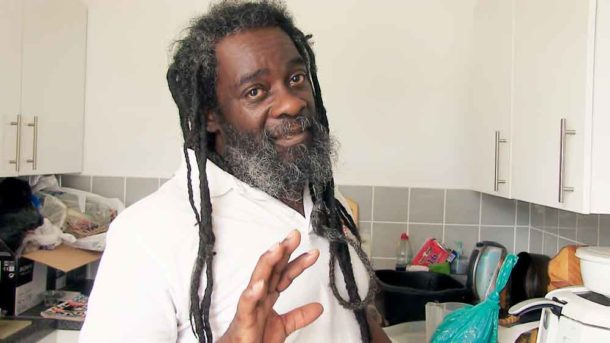
He has recorded with the biggest reggae artists of the past 50 years, performed for Nelson Mandela on his state visit to Britain, and for more than two decades ran a record store in Brixton that became a social hub and safe house for London’s Afro-Caribbean community. Yet the judge who sent him to prison in 2014 dismissed his life as a “failure”.
Blacker Dread, real name Steve Burnett-Martin, is now out and so, too, this week is a feature-length documentary about his life by Molly Dineen, a Bafta-award winning film-maker. Being Blacker, which Dineen filmed over a three-year period, is a close-up on Brixton’s Jamaican community and the man who unintentionally became its kingpin.
“There was never a point when I said, OK, I’m going to be that person, that voice. It’s just something that happened,” says Blacker.
Born in Jamaica, he moved with his family to Britain when he was nine, settling first in Bromley, south London, then later moving to Tulse Hill, close to Brixton – the heart of the Caribbean community. After passing the 11+ exam (he had to take it twice because it was assumed he had cheated the first time, he says) he went to Penge grammar school. But Blacker never felt part of the crowd – he describes his schooling instead as the “ghettology” he learned on the streets.
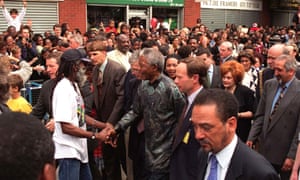
In his 30s he opened a small record store on Coldharbour Lane in Brixton in 1993 for £100-a-week rent. It was to transform not just his life but the lives of all those around him. “People kept coming into my shop – mothers asking me to speak to their sons, people with problems wanting advice. I used to wonder to myself, what do I say? How do you advise people on their life? It became part of my daily routine. All I knew was that when people came in, I had to be there for them.”
Twenty-five years on, the Blacker Dread Muzik Store is credited in the community with helping young people stay out of gangs, drugs and jail. Those in trouble with the police were encouraged “to go and see Blacker”, not for protection but to ensure that things “were done by the book”. “Young people say or do things that get them into more trouble, so I thought, let me try and keep as many of these kids out of police clutches as possible,” he says.
Blacker speaks in calm, dulcet tones – a voice that many would recognise from his Caribbean reggae sound system gigs of the 1980s, where he made his name in festivals and street parties across London. He ended up as the record selector for Sir Coxsone, a frontrunner in the development of Britain’s sound system movement. Blacker himself, his devotees say, was pivotal to the music genre from which grime now traces its roots. Two of his sons – Blacker has 11 children – are leading grime artists in their own right: Ratlin and Shak Corleone.
Grief over the loss of his son, Solomon, gunned down in West Norwood, south London, on New Year’s Eve 2004 aged 24, weighs heaviest of all. No one has been convicted of the shooting, and Blacker says the officer leading the investigation never spoke to him. “It was devastating the way they [the police] didn’t put any effort into trying to find out who killed my son,” Blacker says. “After a couple of weeks it’s like they didn’t want to know.”
It was in his son’s memory that Blacker came up with the idea of Brixton Splash, an annual non-profit street party – south London’s answer to the Notting Hill carnival – that he ran for 10 years. “I just thought, this is going to be a tribute to my son, but it will be a silent tribute. There will be thousands of people coming for a big party but, as far as I’m concerned, they’ll be partying for my son.”
As a young man growing up in London, Blacker had become increasingly politicised. Through his friendship with an exiled South African, he became an active member of the ANC while Nelson Mandela was in prison. “We used to do fundraisers to send money to the cause – £500, £300, whatever we could make.”
When Mandela announced his first visit to Britain in 1996 as South Africa’s president, Blacker wrote to him and invited him to visit Brixton. “It’s the heartbeat of black people in Britain,” he told him. Mandela not only obliged, but asked Blacker to meet with him on his arrival.
“He asked me what black people in Britain wanted most. What things would we ask for, if we could? I remember saying, it’s not that we want ‘things’, we just want to be given a good chance. We want to be given an opportunity to make ‘things’ happen.”
Blacker ended up with 30 VIP guest passes for the show in Brixton recreation centre. “So I gave them to my friends and made sure that real people had a presence in that hall,” he says.
That day, Blacker played an eight-minute set with Jamaican reggae artist Freddie McGregor. “Even Prince Charles got up and was trying to shake a leg,” Blacker jokes. “It went down brilliantly.”
It was to be one of the high points of Blacker’s life in Brixton, he says, bringing the “great man” to his beloved community. But as the area has become increasingly gentrified, so much of its community magic has gone, he says. “We have this little joke. We’ve taken the B off Brixton and we call it Rixton,” he says. “The B is for all the black people that had to move out.”
Blacker had to move out, too, for a while, when he was sentenced to two and a half years in prison for money laundering in 2014. It is a complicated story that Blacker doesn’t dwell on, but accepts his role in the affair. It was a bitter irony, captured powerfully in Dineen’s documentary. Blacker – the man who had helped so many stay out of jail – looking on powerless as his record shop of 25 years gets packed away and closed down.
In prison, though, in true Blacker style, he became the go-to person for resolving what he calls “the little disputes”. He worked too as a DJ on National Prison Radio, which broadcasts to 107 prisons across the UK.
“They had a reggae show called Bob and Beyond, but when I looked at the catalogue it was like 600 Bob Marley songs and nothing else. So I helped them develop a massive catalogue of reggae music,” he says.
His liberty restored, Blacker, who turns 60 later this year, says he plans to return to Jamaica to be with his youngest son, JJ. “I’ll miss the people,” he says. “But you have to be selfish at one point in your life.”
Being Blacker will be shown on BBC2 on 12 March at 9pm, and in selected cinemas in London, Birmingham and Manchester throughout this week.
Comments
-
 Previous ‘I was betrayed by them all’ – says UB40’s front man Ali Campbell
Previous ‘I was betrayed by them all’ – says UB40’s front man Ali Campbell -
 Next best reggae album grammy nominees 2019
Next best reggae album grammy nominees 2019
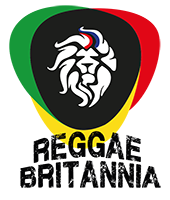


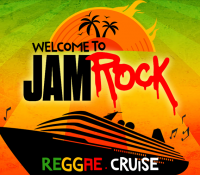
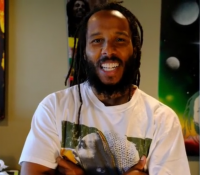

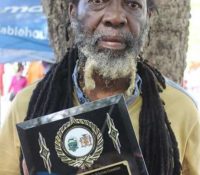
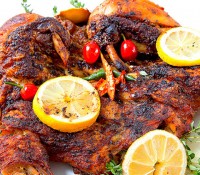
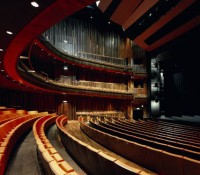
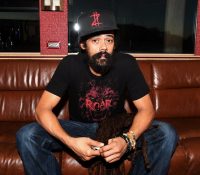
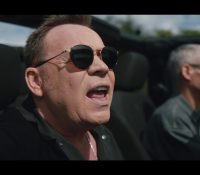
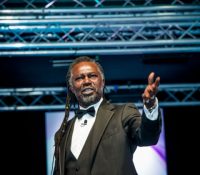
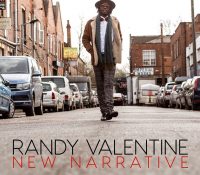
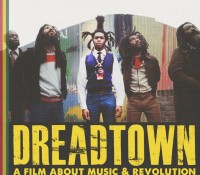
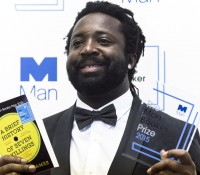




















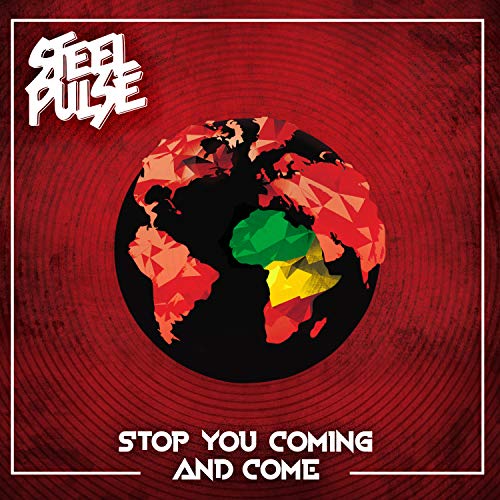

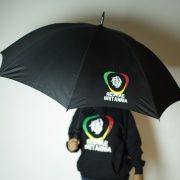
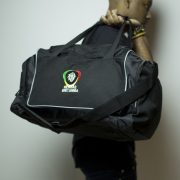
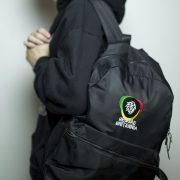
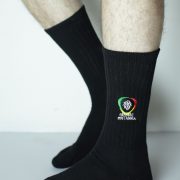
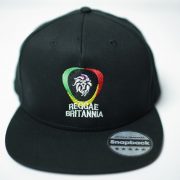
0 thoughts on “Blacker Dread: the record store owner who became Brixton’s hero”